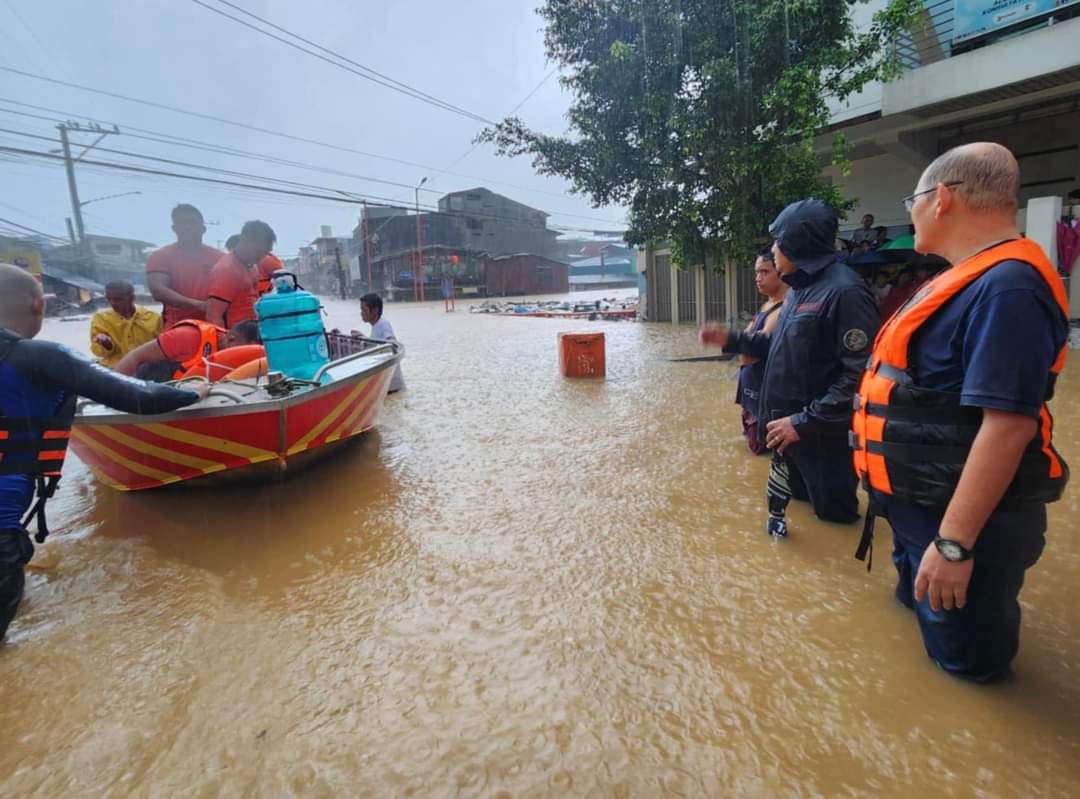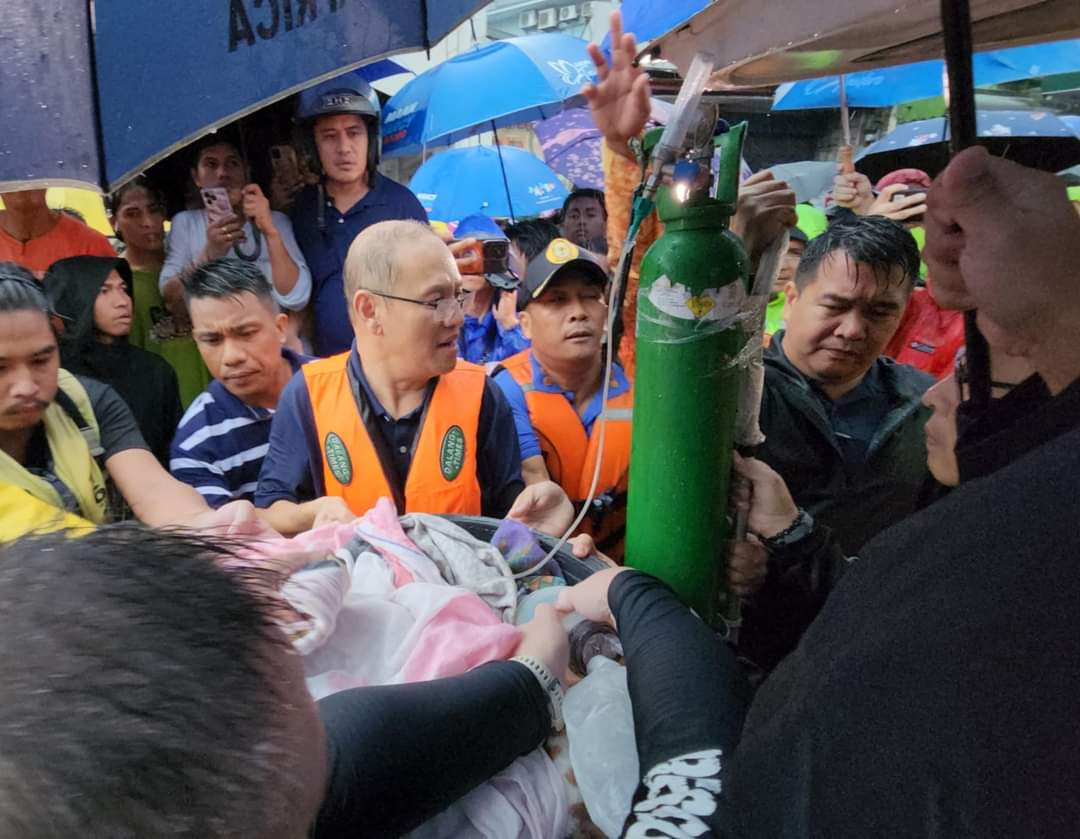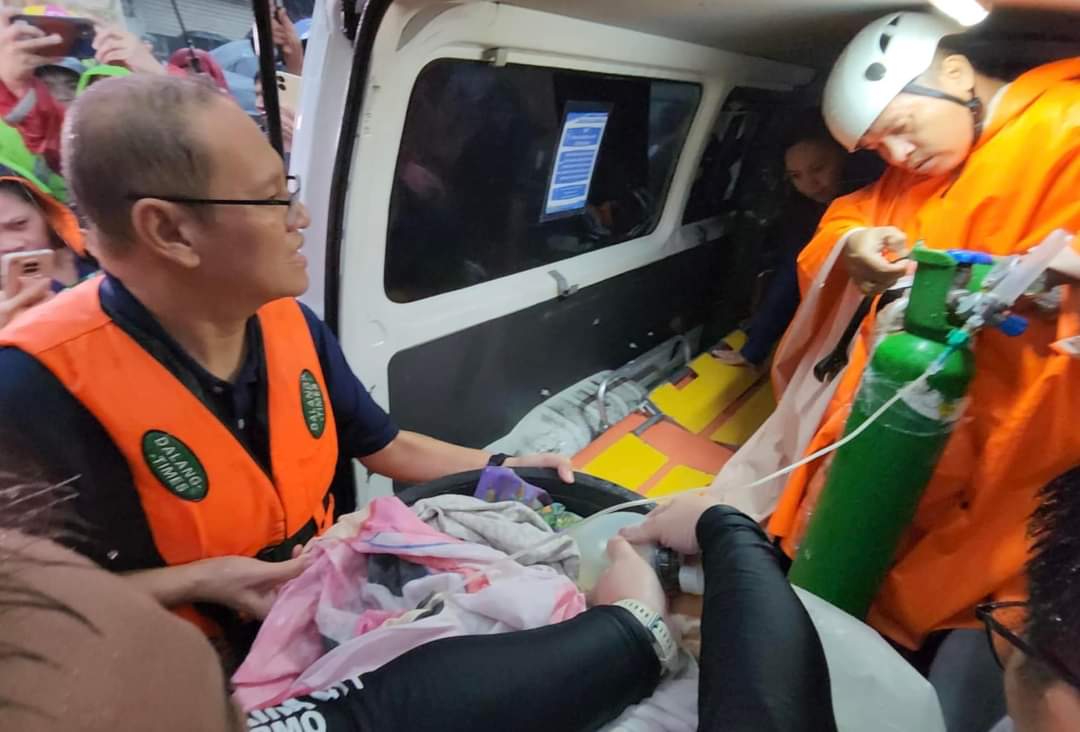Mayor Marcy requests for additional social workers to debrief Typhoon Carina-hit residents
Marikina Mayor Marcy Teodoro said they recorded 5,848 families, or 30,128 individuals, being rescued and brought to evacuation centers during the onslaught of Typhoon Carina on Wednesday, July 24.



In a radio interview, Teodoro said that due to the large number of affected residents, he believes that the impact of this typhoon on rehabilitation is not just physical. He said it should also include economic rehabilitation as well as the psychological effects on the residents.
“Kaya sa aming city social welfare office nagrequest kami ng mga social worker para mag debriefing lalo na dun sa mga bata at matatanda, yung mga vulnerable sectors natin (That's why we requested social workers from our city social welfare office to conduct debriefings, especially for children and the elderly, our vulnerable sectors),” the mayor said.
He also mentioned that some evacuees had already gone home to clean their houses so they could return to work.
During the interview, Teodoro also said there are no barangays in the city that need to be evacuated or declared uninhabitable due to danger, as he stated that the Marikina River easement is clean.
“Dito sa Marikina mapapansin natin, kapag tumigil ang ulan, ilang sandali lang, matter of minutes lang, nags-subside na yung water level sa Marikina River. Anong ibig sabihin nun? Yung easement natin malinis, walang illegal structures or any obstruction (Here in Marikina, we notice that when the rain stops, the water level in the Marikina River subsides within a matter of minutes. What does this mean? It means our easements are clear, with no illegal structures or any obstructions),” he said.
He mentioned that the main problem is the upstream flow where water comes down from Rizal’s mountainous areas, saying that no matter what effort they make, the water will still flow into the city.
“Ang problema talaga yung upstream communities natin. Yung reforestation na kailangan gawin, land use plan, yung mga dapat reserved area, protected areas eh nagiging subdivision kaya ayun yung nakakasama (The real problem lies with our upstream communities. The reforestation that needs to be done, land use planning, and the areas that should be reserved and protected are being turned into subdivisions, which is harmful),” he said.
“Eh sa Marikina, kung meron kaming nagagawa [improvement]... pero [dapat talaga] it's a whole society approach eh, talagang interconnected lahat ‘yan eh, hindi puwedeng isa lang kundi sama-sama talaga [dapat magtutulungan] (In Marikina, we are making improvements, but it really should be a whole society approach. Everything is interconnected, and it can't be just one entity working; everyone must work together and help each other to avoid calamities),” he added.
Teodoro also called on the Department of Science and Technology (DOST) to coordinate the Philippine Atmospheric, Geophysical, and Astronomical Services Administration's (PAGASA’s) forecasting with local government units like theirs.
He said that this way, the city would know in advance about water levels, the intensity and duration of the rain, and when it will rain, so they can prepare.
Teodoro said that this has not yet been implemented, saying, “Wala pa rin [coordination]... siguro dahil sa istruktura, organizationally, siguro baka walang sapat na personnel ang DOST para makipag-ugnayan sa local levels kaya ang naico-coordinate lang yung national agencies lang (There is still no coordination... perhaps due to organizational structure. It’s possible that the DOST lacks sufficient personnel to coordinate with local levels, which is why only national agencies are being coordinated with).”